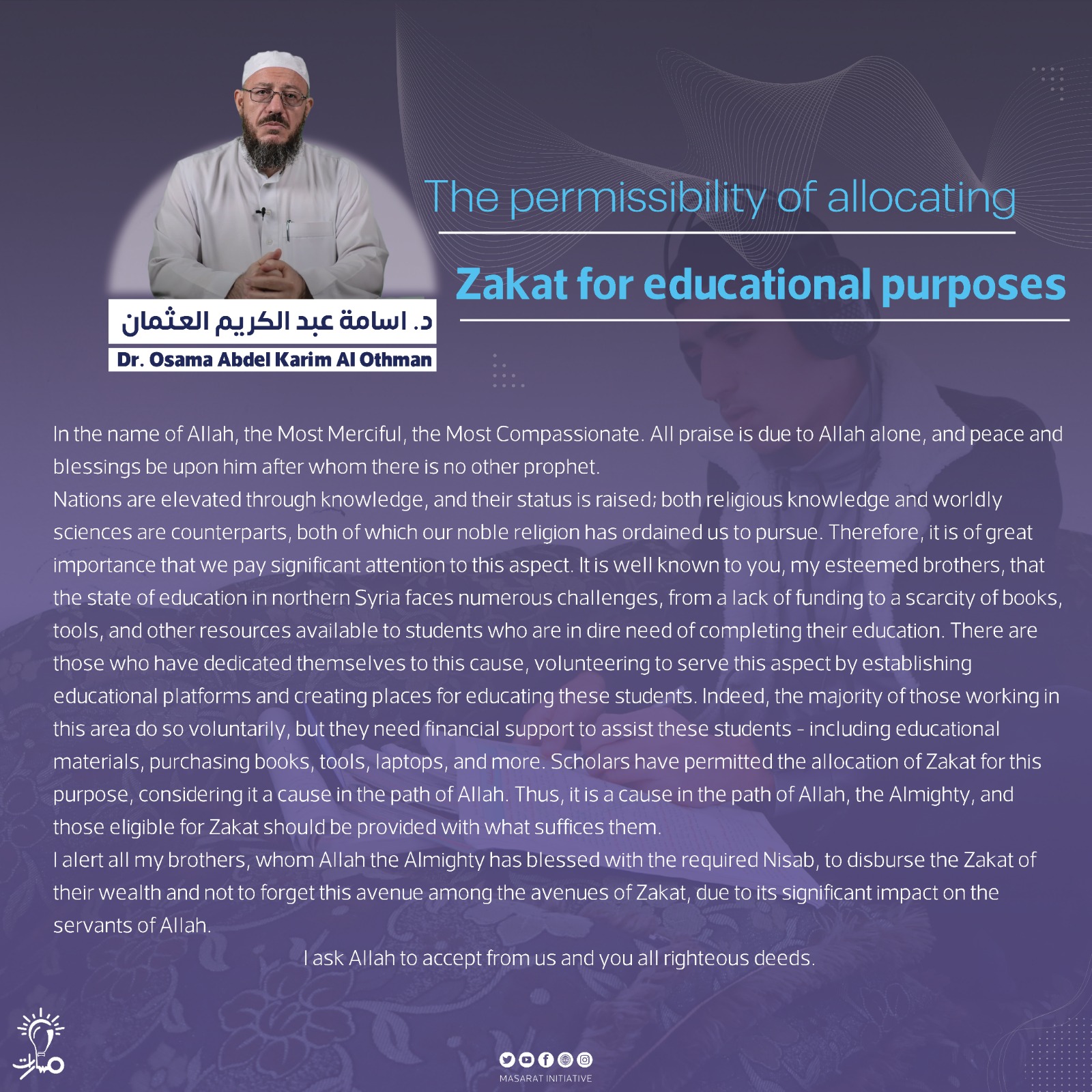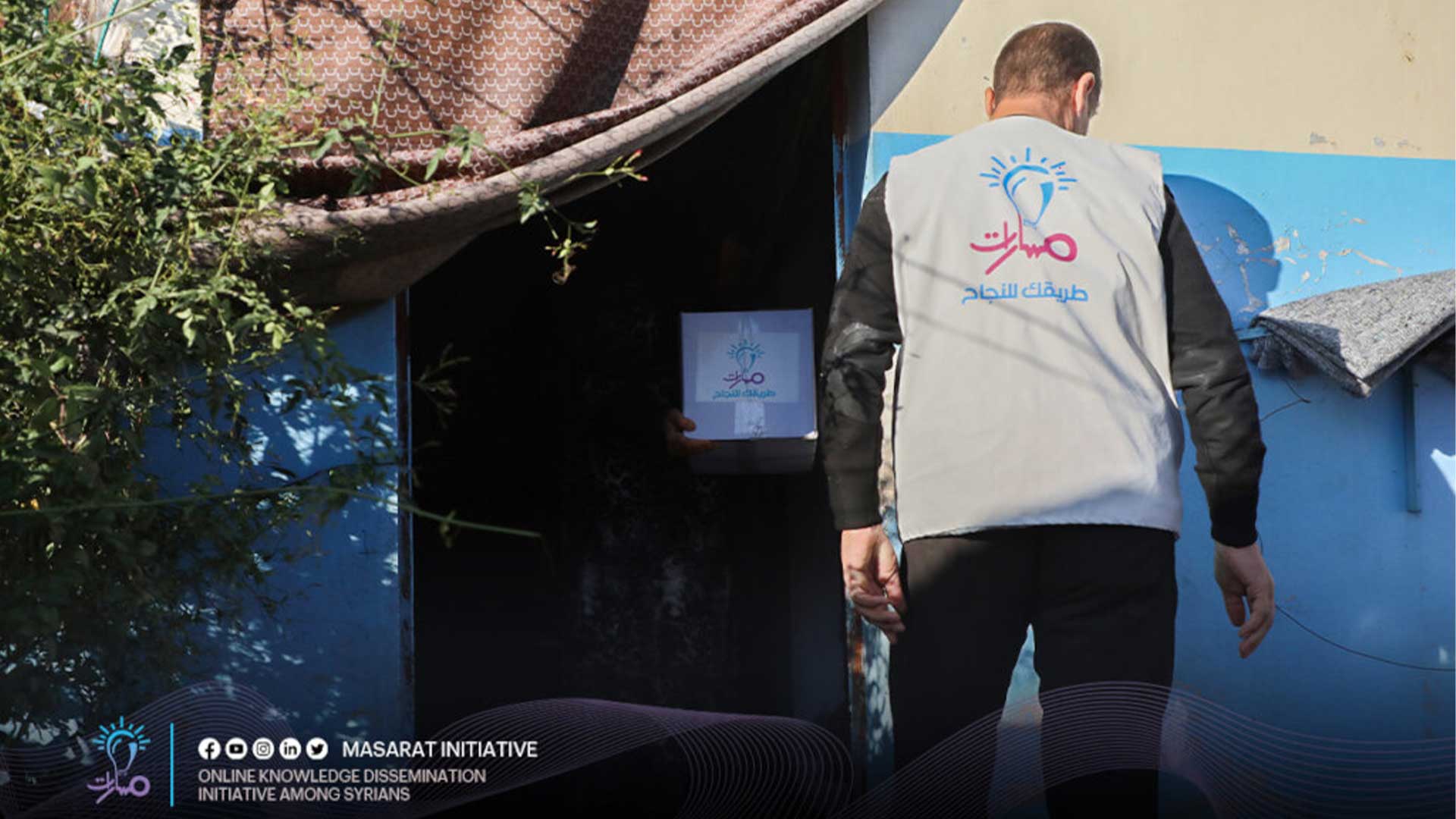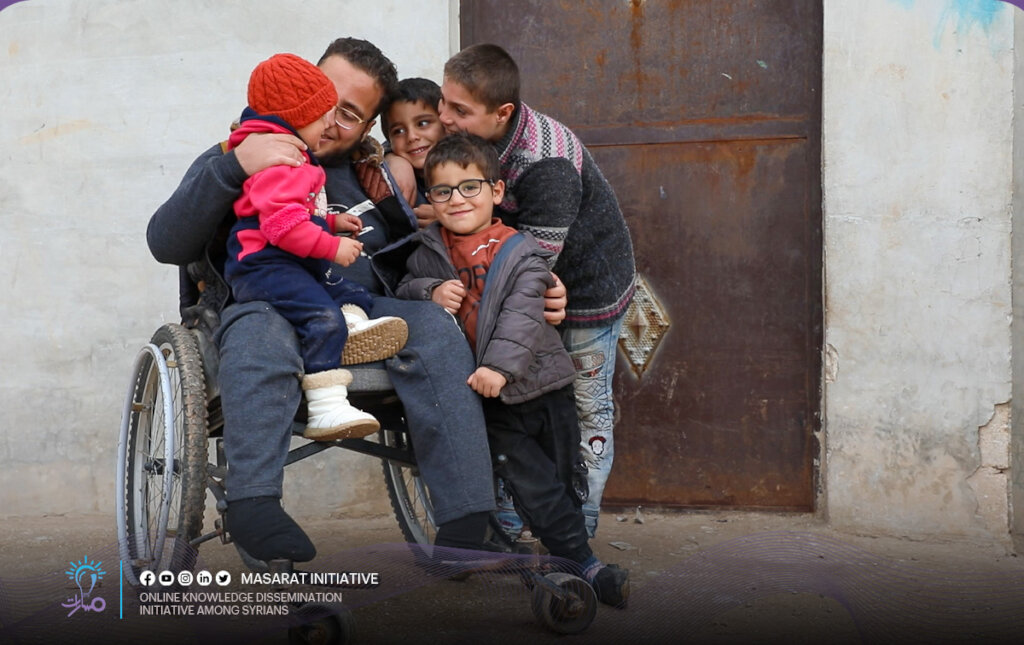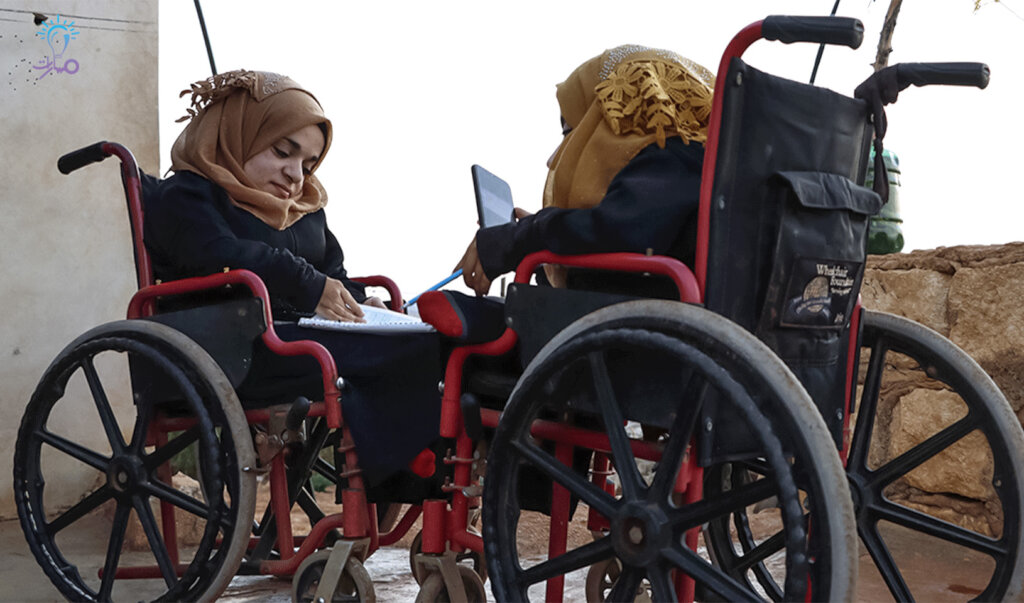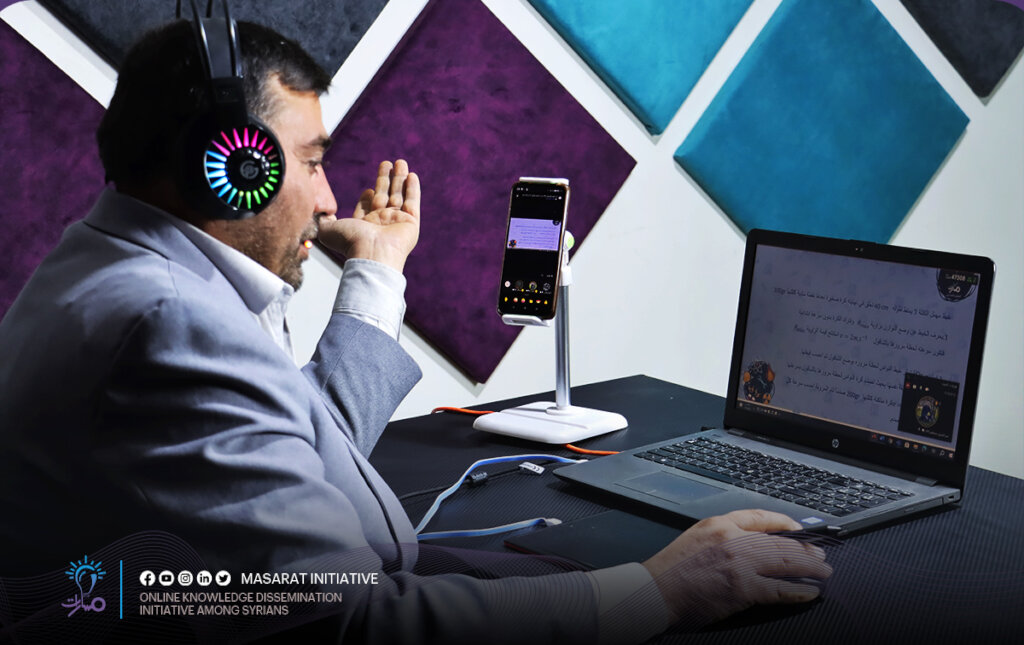Laylat al-Qadr is among the most significant nights of the blessed month of Ramadan. It is a night better than a thousand months, a blessed night in which the Holy Quran was revealed. This night offers a chance for all Muslims to be freed from Hellfire and to receive forgiveness, mercy, and blessings.
The greatest way to start this article is by mentioning verses about Laylat al-Qadr due to its high status with Allah Almighty; He said, “Indeed,
We sent it down during Laylat al-Qadr. And what can make you know what is Laylat al-Qadr? Laylat al-Qadr is better than a thousand months. The angels and the Spirit descend therein by permission of their Lord for every matter. Peace it is until the emergence of dawn.”
Understanding Laylat al-Qadr
What is Laylat al-Qadr?
Laylat al-Qadr falls within the last ten nights of Ramadan, named for its immense honor and high standing; as one might say, a person’s stature is immense, indicating their elevated status. Another reason for its naming is that Allah Almighty decrees the destinies of Muslims during this night.
It is crucial to mention that angels descend to earth, crowding it, and they do not descend except to bring goodness, blessings, and emancipation from Hellfire.
The Prophet Muhammad (peace be upon him) said: “Seek Laylat al-Qadr in the odd nights of the last ten days of Ramadan” (Ahmad).
The reason Laylat al-Qadr is preferred over other nights
The revelation of the Holy Quran on this night adds to its significance; thus, worship and obedience during it are better than a thousand months of worship, equivalent to about 83 years of worship.
Abu Huraira reported that the Messenger of Allah (peace be upon him) said: “Whoever stands in prayer on Laylat al-Qadr with faith and expectation of reward, all his previous sins will be forgiven” (Bukhari).
Sadaqah and Donation on Laylat al-Qadr
The Ruling on Sadaqah on Laylat al-Qadr
The Prophet Muhammad (peace be upon him) was the most generous and kind during Ramadan. The best expenditure in Allah’s path is the most righteous act, especially during Ramadan and in its last nights, as mentioned by the Prophet, emphasizing the virtues of worship, forgiveness, supplication, and Sadaqah.
Sadaqah has great rewards and its impact is significant on the poor and needy among Muslims.
The Virtue of Sadaqah and Donation on Laylat al-Qadr
Allah Almighty says, “Whatever you spend of anything, He will replace it; He is the best of providers.”
The acts of worship, prayer, seeking forgiveness, and reciting the Quran on Laylat al-Qadr are greatly rewarded, and charity is among the best acts due to its role in bringing happiness and relief to Muslims, thereby doubling the reward, especially in relieving the hardships of the poor and needy, especially on this blessed night.
The Best Sadaqah on Laylat al-Qadr
Sadaqah on Laylat al-Qadr equals the reward of daily Sadaqah for 84 years. Donating to the needy, poor, and destitute is unmatched for its goodness, blessing, and virtue, especially for those in dire need among our brethren in Northern Syria, including displaced persons and those living in tents.
If a Muslim seeks Allah’s pleasure in giving Sadaqah, aiming it for those deserving, such as students pursuing knowledge, it becomes a continuous charity. Supporting students to enable them to learn becomes a dual reward: the charity of Laylat al-Qadr and the continuous charity for a student of knowledge.
Donating Laylat al-Qadr Sadaqah to Students in Syria
As one scholar mentioned regarding the virtue of learning, Muslim scholars have determined that learning medicine, engineering, and other branches of knowledge, as well as learning trades essential for life, is a communal obligation. If the community has a sufficient number of scholars, experts, and technicians in every field to fill the gaps and meet needs, the community has fulfilled its duty, and the sin and embarrassment are removed from it. If the community falls short in these worldly aspects and becomes wholly or partially dependent on others, the entire community is sinful, especially its leaders.
Seeking knowledge is Jihad to striving in Allah’s path; what a great opportunity it is to combine the reward of Sadaqah on Laylat al-Qadr, the continuous charity for a student of knowledge, and the effort to fulfill the Islamic community’s need for beneficial knowledge.
Over the years, the Masarat Initiative has worked to bridge the educational gap faced by youth and students due to financial and geographical difficulties and the pains of war. It has offered free education through its online platforms, enabling students to join the path of knowledge and learning.
You can also send your donations to students in dire need of this support, including orphans and those with special needs.
The Best Deeds on Laylat al-Qadr
Among the most righteous deeds a Muslim can perform on Laylat al-Qadr are:
- Night prayer: “Whoever stands in prayer on Laylat al-Qadr with faith and expectation of reward, all his previous sins will be forgiven.”
- Reciting the Holy Quran, contemplating its meanings.
- Remembrance of Allah and extensive seeking of forgiveness and glorification, for the great reward these actions bring: “So remember Allah as you remember your forefathers or with [much] greater remembrance.”
- Supplication, with the best supplication being what Aisha (may Allah be pleased with her) reported: I said, “O Messenger of Allah, if I know which night is Laylat al-Qadr, what should I say during it?” He said, “Say: ‘O Allah, You are pardoning and You love to pardon, so pardon me'” (Ahmad, Ibn Majah, Tirmidhi, and authenticated).
- Sadaqah, giving for Allah’s sake, is rewarded as if the Muslim has spent a thousand months in charity and righteous deeds.
“Those who spend their wealth [in Allah’s way] by night and by day, secretly and publicly – they will have their reward with their Lord, and no fear will there be concerning them, nor will they grieve.”
From this verse, it’s clear that those who spend in Allah’s cause receive immense good in this life and the hereafter, with their reward and blessing being a grace from Allah Almighty; and Allah multiplies for whom He wills.
A Schedule of Worship on Laylat al-Qadr
Engaging in numerous acts of worship and competing in performing them brings great reward from Allah Almighty. If a Muslim organizes a schedule for his worship, it brings much good to ensure he does not forget or neglect what Islam has urged, with the most important acts of worship in order being:
- Praying on time
- Night prayer (Qiyam al-Layl)
- Seeking forgiveness
- Supplicating for oneself and all Muslims
- Reciting the Quran
- Sadaqah seeking Allah’s pleasure
In doing so, a Muslim realizes the virtue of this night with complete faith, submission to Allah Almighty, and certainty in his heart.
The Reward of Laylat al-Qadr in the Quran and Sunnah
Prophetic Hadiths about Laylat al-Qadr
- Abu Huraira reported that the Prophet (peace be upon him) said, “Whoever stands in prayer on Laylat al-Qadr with faith and expectation of reward, his previous sins will be forgiven.”
- Abdullah bin Umar reported that the Prophet of Allah (peace be upon him) said, “Seek Laylat al-Qadr in the last ten nights, or he said, in the last nine nights.”
- Aisha (may Allah be pleased with her) reported, “The Prophet of Allah (peace be upon him) would seclude himself in the last ten nights of Ramadan, saying, ‘Seek Laylat al-Qadr in the last ten nights of Ramadan.'”
- The Prophet of Allah (peace be upon him) said, “This month has come upon you, and in it is a night better than a thousand months. Whoever is deprived of its goodness is indeed deprived of all goodness, and no one is deprived of its goodness except the truly deprived.”
The Virtue of Night Prayer (Tahajjud) on Laylat al-Qadr
The night prayer and supplication to Allah on this blessed night carry immense reward and blessings that no one should miss. Some of the virtues of Laylat al-Qadr include:
- Worship and prayer on this day equal the prayer and worship of a thousand months.
- Night prayer is a means of supplication to Allah.
- It is a night of forgiveness and emancipation from Hellfire.
The Virtue of Reciting the Quran on Laylat al-Qadr
The Holy Quran was revealed in the month of Ramadan; thus, Ramadan is the month of the Quran, a time for reading, contemplation, and understanding its meanings. The act of reciting the Quran on Laylat al-Qadr carries a virtue unmatched by any other.
Consider this: if you were to read just one page, how many letters would it contain? Allah Almighty says, “Whoever comes [on the Day of Judgement] with a good deed will have ten times the like thereof [to his credit],” and He says, “It is better than a thousand months,” meaning the virtue and the reward of its recital equals that of a thousand months, or even more.
Imagine, then, the magnitude of reward and good deeds in reciting the Quran on Laylat al-Qadr.
The Virtue of Spending and Donating on Laylat al-Qadr
Spending for good causes and to meet the needs of the poor and destitute on this night is highly rewarded. A Muslim seeks the reward of this blessed night through various acts of worship to ensure he is doing what pleases Allah Almighty in the best way.
Therefore, dear reader, spend in the ways of goodness as Allah Almighty has commanded; spend from your wealth as Allah loves, meeting the needs of the poor, and be a support for them during these blessed days. The good you do is rewarded as if you spent a thousand months in charity and righteous deeds, but Allah increases because He is better than that.
Your donation of Sadaqah to the Masarat Initiative has immense reward, and the Sadaqah Jaryiah for a student of knowledge earns you the reward of Sadaqah for Allah’s sake, Sadaqah in Allah’s cause for a student of knowledge, and continuous Sadaqah that has a beneficial impact on the student, their family, and the entire community.
The Best Dhikr (Remembrances) on Laylat al-Qadr
The most recommended dhikr on Laylat al-Qadr includes:
- Seeking forgiveness: “I seek forgiveness from Allah, the Almighty.”
- Sending blessings on the Prophet Muhammad: “May the blessings and peace of Allah be upon him.”
- Glorifying Allah: “SubhanAllah wa bihamdihi, SubhanAllah al-Azeem.”
- Declaring the Oneness of Allah: “There is no deity except Allah, alone without partner, to Him belongs dominion and praise, and He is over all things omnipotent.”
The Best Prayer on Laylat al-Qadr
The virtue of Tarawih and night prayer (Tahajjud) on Laylat al-Qadr is immense, starting from sunset until dawn. Tahajjud prayer is when a servant is closest to his Lord, combining the virtue of Tahajjud with the virtue of praying on Laylat al-Qadr.
The Prophet Muhammad (peace be upon him) said, “Whoever stands in prayer on Laylat al-Qadr with faith and expectation of reward, his previous sins will be forgiven,” and he would perform the night prayer with eleven units (rak’ahs), while the companions would perform it with twenty units.
The Best Supplications on Laylat al-Qadr
The virtue of supplication on Laylat al-Qadr Supplication on Laylat al-Qadr is a chance for a Muslim to receive mercy and forgiveness from Allah Almighty. When a Muslim humbly supplicates during his prayer, if he supplicates, it is answered, because it is a night of answered prayers.
Therefore, humbly supplicating to Allah, asking for sustenance, forgiveness, guidance, well-being, and other good things and acts of obedience is the best during the night prayer on Laylat al-Qadr.
Is supplication on Laylat al-Qadr answered?
Yes, if a Muslim meets the conditions for accepted supplication on Laylat al-Qadr, Allah may answer his prayers. Sufyan al-Thawri said, “Supplication on that night is more beloved to me than prayer.”
What is the best supplication on Laylat al-Qadr?
As reported by Aisha (may Allah be pleased with her), she said, “O Messenger of Allah, if I know which night is Laylat al-Qadr, what should I say during it?” He said, “Say: ‘O Allah, You are pardoning and You love to pardon, so pardon me’.”
When is Laylat al-Qadr?
Laylat al-Qadr is one of the odd nights in the last ten days of the blessed month of Ramadan. Abu Sa’id al-Khudri reported, “We observed I’tikaf (seclusion in the mosque) in the middle ten days of Ramadan with the Messenger of Allah (peace be upon him). He said, ‘I had a vision (about the Night of Decree) and was made to forget it; so seek it in the last ten nights, on the odd nights.'”
Is tonight Laylat al-Qadr?
Laylat al-Qadr is confined to the odd nights in the last ten days of Ramadan, and its exact time is unknown, kept hidden by Allah for Muslims to strive in worship and prayer during these nights.
However, many of the followers and righteous people have indicated that it is likely the night of the 27th of Ramadan. Ibn Abbas said, “Allah created seven heavens and seven earths, and seven days, and the month goes around on seven, and man was created from seven, and he eats from seven, and he prostrates on seven, and the Tawaf around the House is seven, and the throwing of the pebbles is seven…”
“It is the night of the twenty-seventh,” I said, “What makes you say that, O Abu’l-Mundhir?” He said, “By the sign -or the verse- that the Messenger of Allah (peace be upon him) told us; ‘it rises that day with no rays.'”
Therefore, it is important to seek this blessed night and strive in worship during it and to do good deeds for the pleasure of Allah Almighty.
What are the days to seek Laylat al-Qadr?
The Prophet Muhammad (peace be upon him) informed us that Laylat al-Qadr is in the last ten nights of Ramadan and that the odd nights are more likely than the even ones. Therefore, a believer should seek Laylat al-Qadr on the odd nights: the twenty-first, twenty-third, twenty-fifth, twenty-seventh, and twenty-ninth nights.
What are the signs of Laylat al-Qadr from the Quran and Sunnah?
Before mentioning the signs of Laylat al-Qadr, it’s important to note that Allah Almighty concealed this night for Muslims to strive in worship to coincide with this blessed night, and its signs include:
- The night is serene, as Ibn Abbas said, the Prophet of Allah (peace be upon him) said, “Laylat al-Qadr is a pleasant, gentle night, neither hot nor cold, and the sun rises on its morning weak and red.”
- A sense of peace and tranquility in worship, felt by the Muslim, opening his heart to more worship.
- The sun is clear in the morning of Laylat al-Qadr, as Ubay bin Ka’b said, the Messenger of Allah (peace be upon him) said, “The morning after Laylat al-Qadr, the sun rises without rays, as if it were a basin, until it rises.”
When does Laylat al-Qadr end?
Laylat al-Qadr ends with the sunrise of another day of Ramadan, as Allah Almighty said, “Peace it is until the emergence of dawn.”
Masarat for Sustainable Development and Education in Syria
In refugee camps and amidst the hardships of life, orphan children dream of studying. Their dreams weren’t that challenging. Masarat faces educational difficulties and challenges in Northern Syria, providing free education and facilitating access to knowledge through an interactive online environment and non-interactive lessons through a Learning Management System (LMS), in addition to a dedicated educational stop on the Masarat YouTube channel.
Masarat believes in the power of education and its role in building more stable communities. The primary goal in Masarat is to expand the beneficiary base to make education a fundamental aspect of their lives.
You, too, can support and help these children by sending your donations through the Masarat Initiative, which documents every amount sent to it.
Your donation from your Zakat al-Mal reaches orphan children and those in need of this money, achieving a great deal of good and sincerity before Allah, as He Almighty says, “Who is it that would loan Allah a goodly loan so He may multiply it for him many times over? And it is Allah who withholds and grants abundance, and to Him, you will be returned.”
Your donation to the children and youth is the pinnacle of goodness you can offer them.
These orphans need educational opportunities and empowerment after the loss of their provider to become positive and active members of society.

